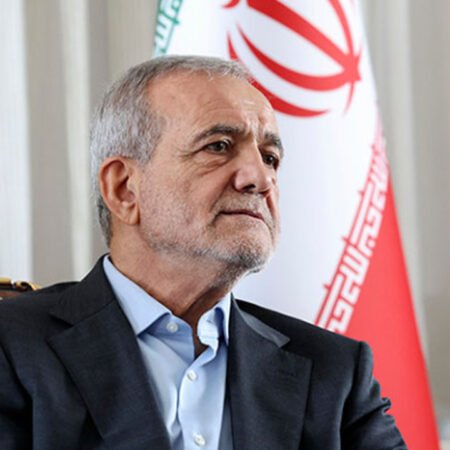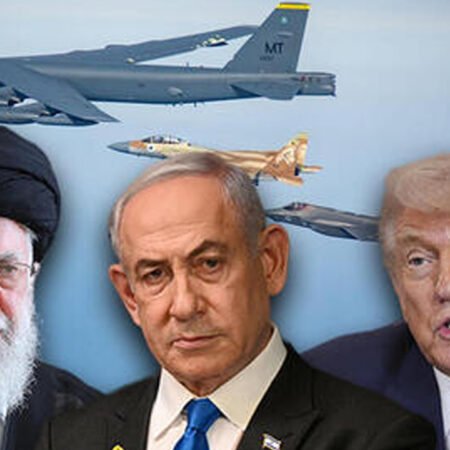The United States is on high alert amid growing intelligence that Israel may soon launch a strike against Iran’s nuclear facilities, U.S. media reported on Thursday.
According to The Washington Post, the U.S. State Department has begun scaling back diplomatic staff in Middle Eastern countries, fearing fallout from a potential Israeli offensive. Reductions have already begun in Bahrain and Kuwait, with Iraq also greenlit for partial staff withdrawal. The Pentagon has further authorized the voluntary departure of military personnel families stationed in the region.
The rising tension follows dwindling hopes of a new nuclear agreement between the U.S. and Iran, which former President Donald Trump suggested is increasingly unlikely. Speaking to the New York Post, Trump said, “I’m not as hopeful as I was a few months ago. Something’s happened with them. I’m not optimistic at all.”
In recent months, U.S. intelligence officials have grown increasingly concerned that Israel could act unilaterally, launching a preemptive strike without Washington’s approval. Such a move could sabotage delicate diplomatic efforts and provoke retaliatory attacks on U.S. assets throughout the Middle East.
Iran has consistently warned that the U.S. would bear the consequences of any Israeli military aggression, given its role as Israel’s closest military and political ally.
The State Department has reportedly ordered all embassies in regions potentially within Iran’s strike range including the Middle East, Eastern Europe, and North Africa to activate Emergency Action Committees and report back with updated security protocols.
As part of this effort, Secretary of State Marco Rubio authorized the evacuation of non-essential staff from Iraq on Wednesday. A State Department spokesperson confirmed, “We continually assess our overseas staffing. Based on recent analysis, we have decided to reduce our footprint in Iraq.”
Meanwhile, The Times of Israel reported that the U.S. is recalling non-essential personnel and dependents from military bases across the Middle East as tensions escalate. U.S. defense officials emphasized that the measures are precautionary, aimed at keeping Americans safe both at home and abroad.
President Trump also confirmed the moves, telling reporters before a theater visit to the Kennedy Center, “We’re pulling some folks out. The region is dangerous. Let’s see what happens. Iran cannot be allowed to have nuclear weapons.”
Additional evacuations have been approved in Bahrain and Kuwait, granting families the option to leave voluntarily. Defense Secretary Pete Hegseth also approved withdrawals for military families in several regional posts particularly in Bahrain, where the U.S. military presence is significant.
The crisis deepened recently after nuclear negotiations between the U.S. and Iran stalled, raising fears of a broader conflict. CENTCOM Commander Gen. Michael Kurilla responsible for U.S. military operations in the Middle East cancelled a scheduled briefing with lawmakers in light of the rising tensions.
The diplomatic efforts, which hinge on easing economic sanctions in exchange for limits on Iran’s nuclear program, were expected to resume in Oman. However, sources told Reuters the chances of talks proceeding are rapidly fading. U.S. envoy Steve Witkoff is still scheduled to meet Iran’s Foreign Minister Abbas Araghchi in Muscat on Sunday to discuss Tehran’s latest response to the U.S. proposal.
Trump has repeatedly stated that military force remains on the table should diplomacy fail.












No Comment! Be the first one.